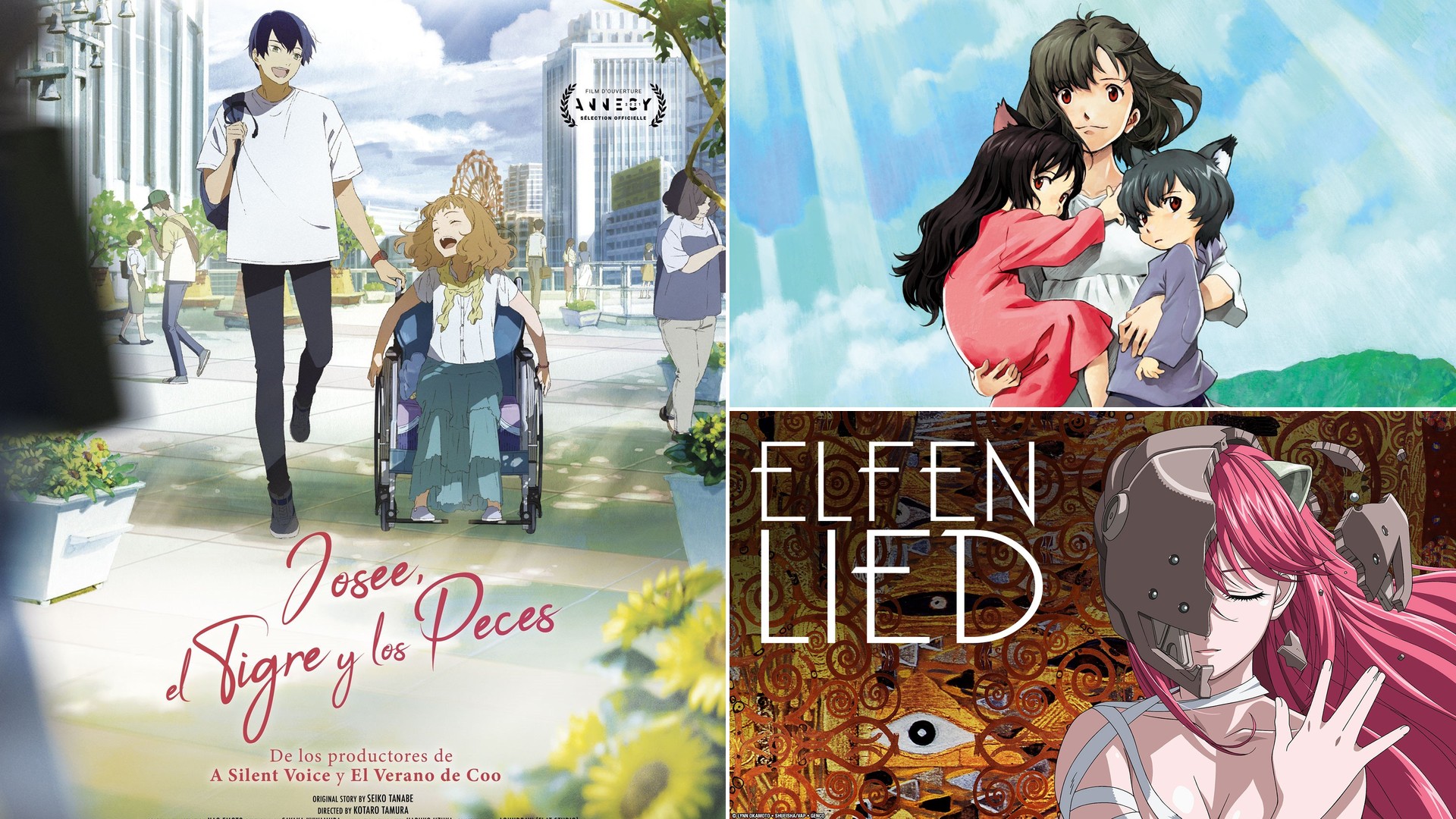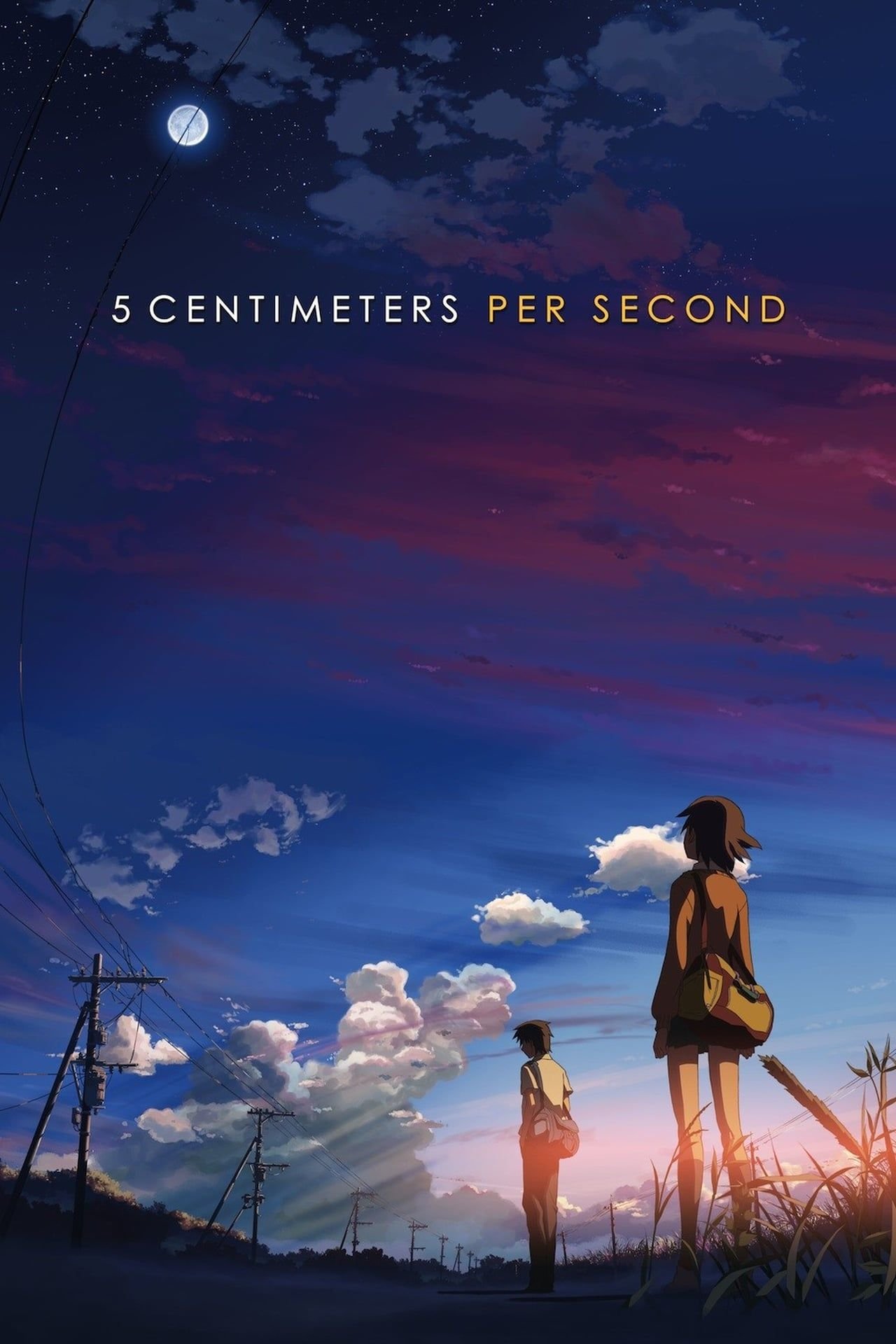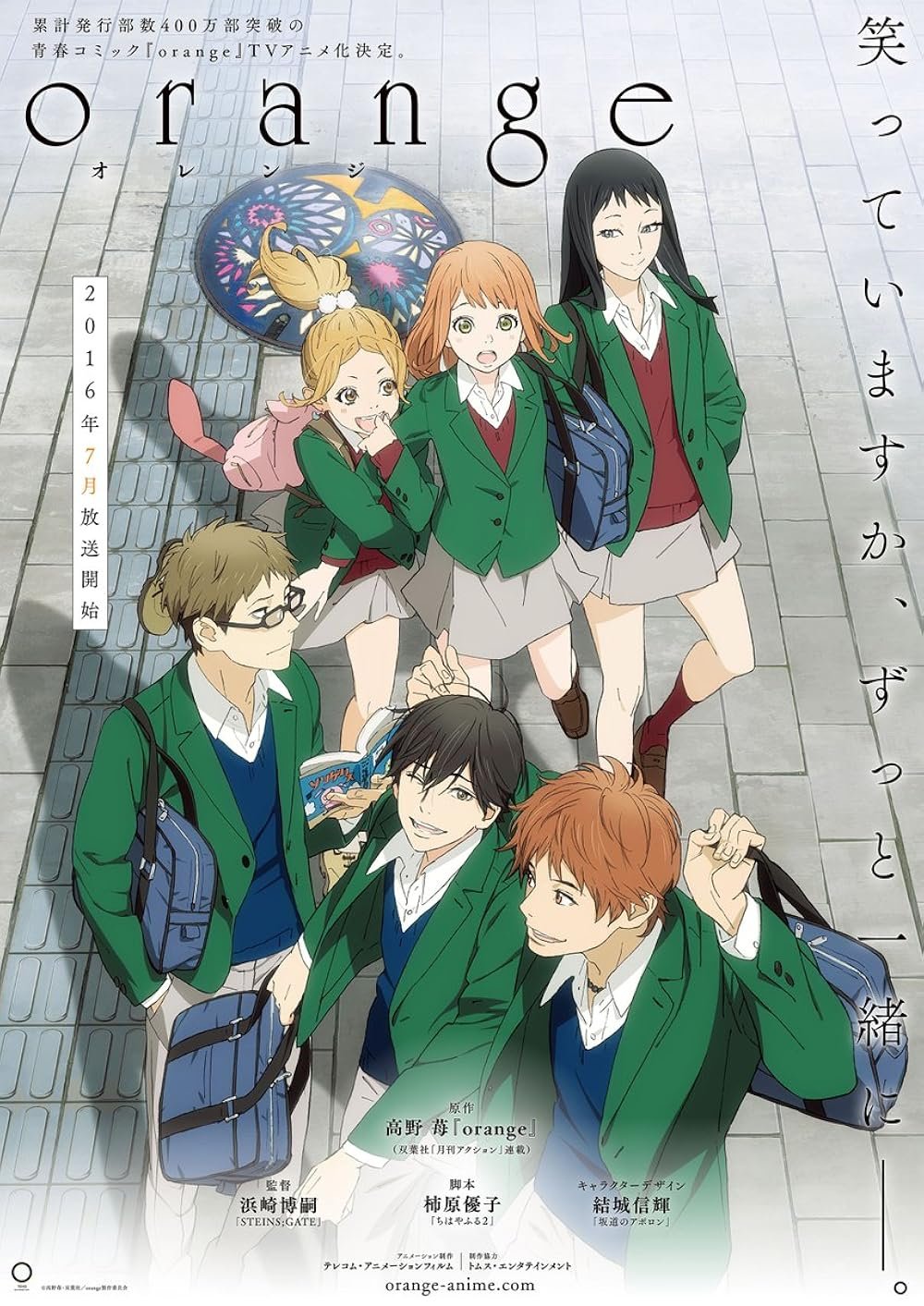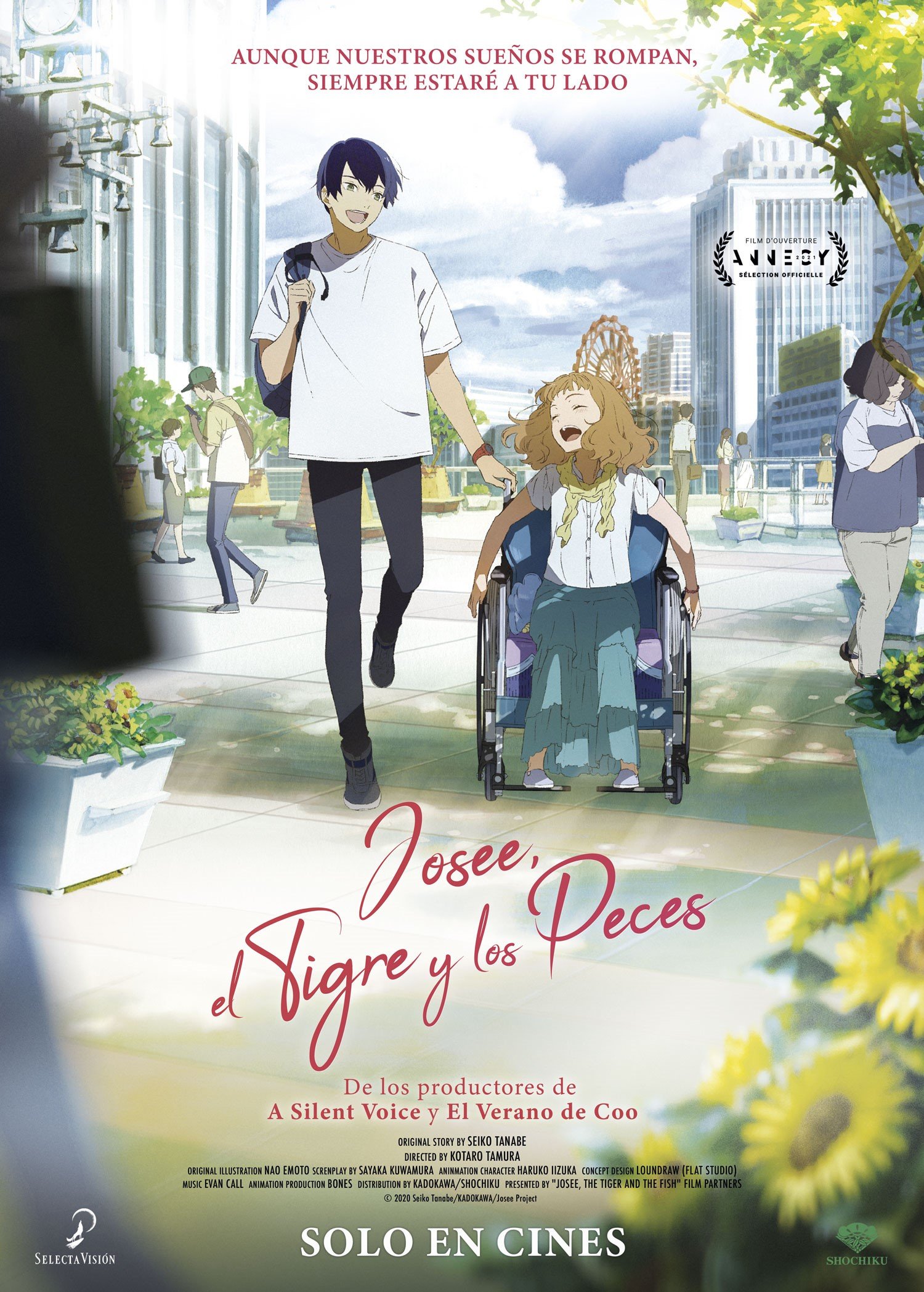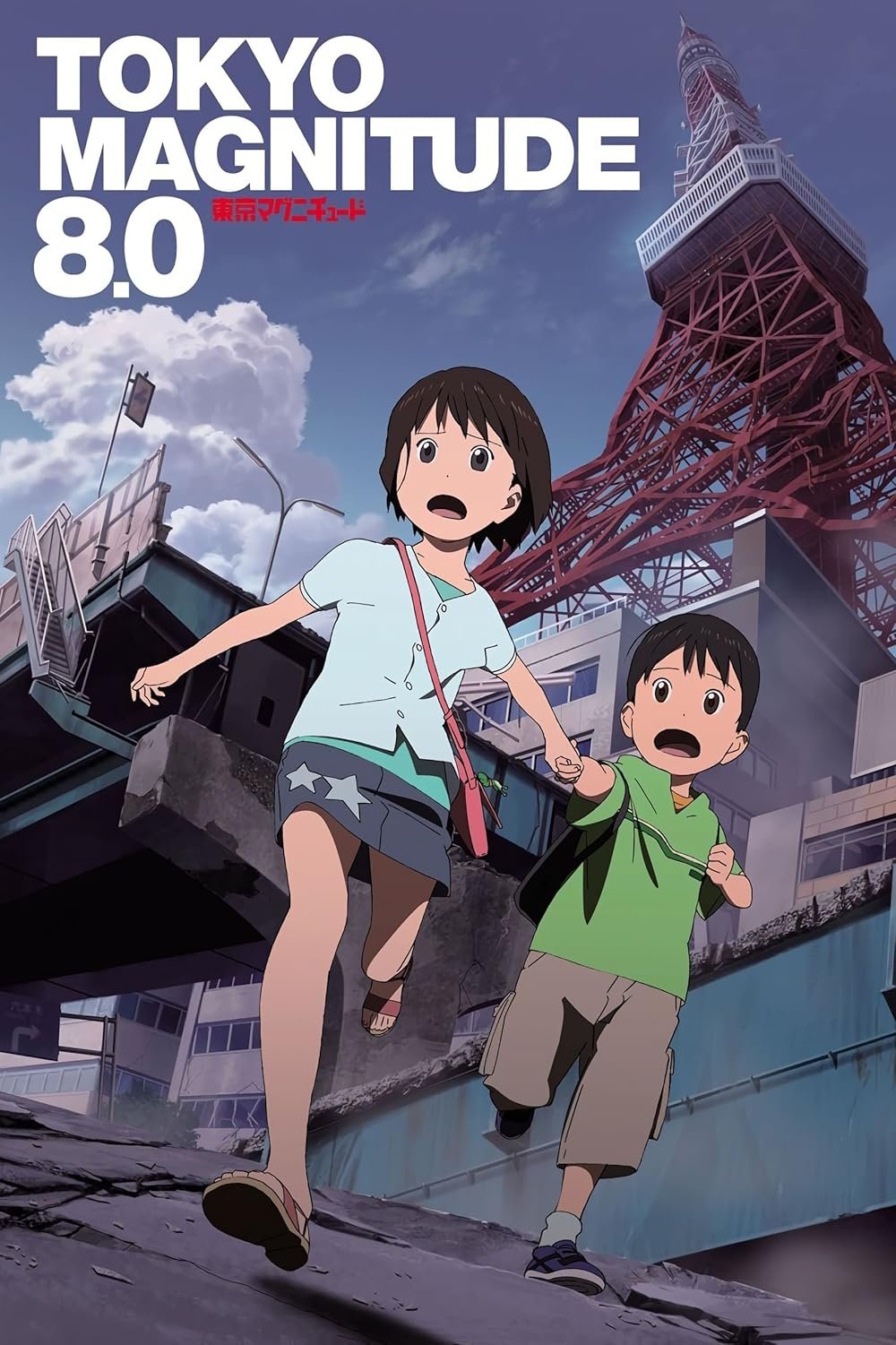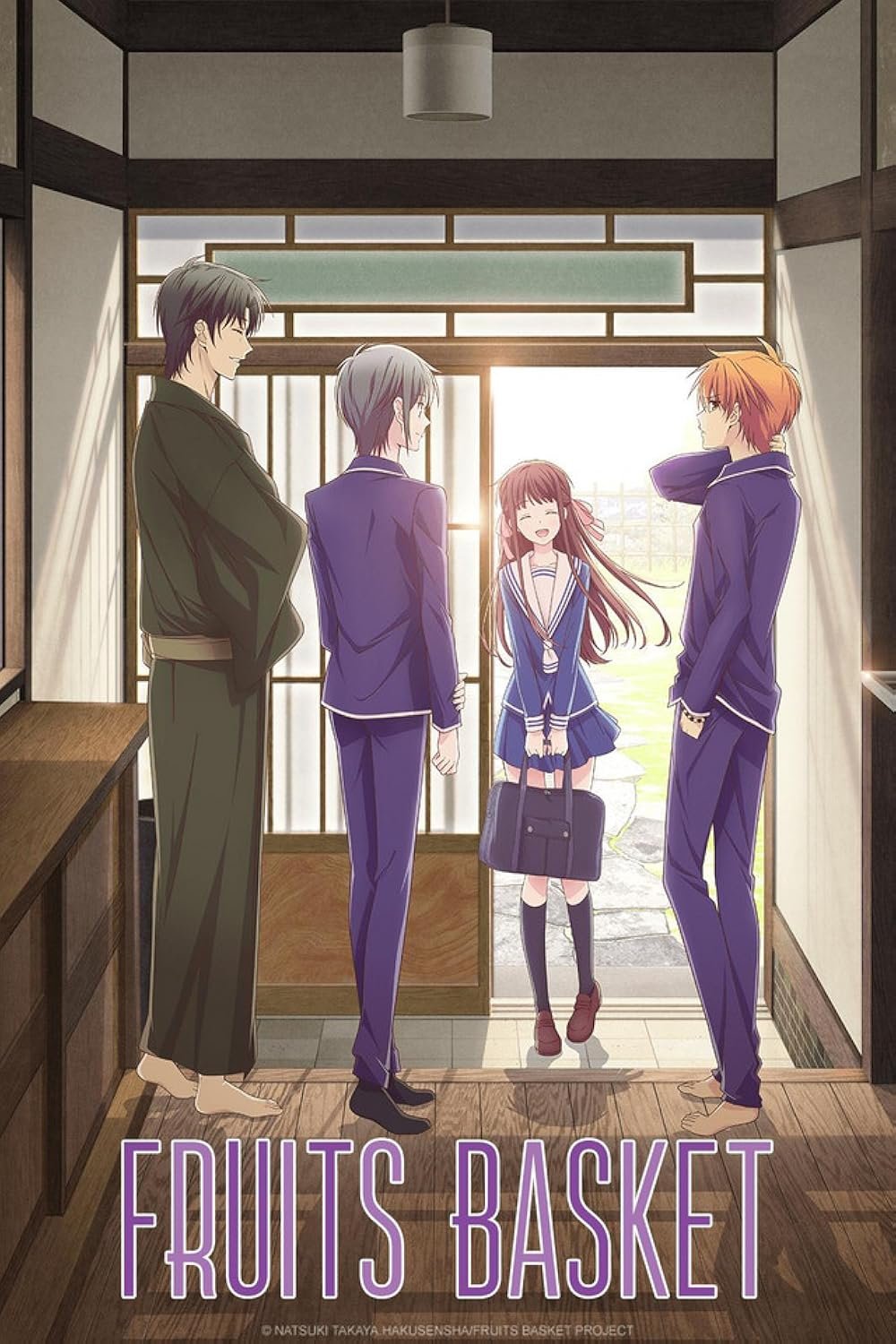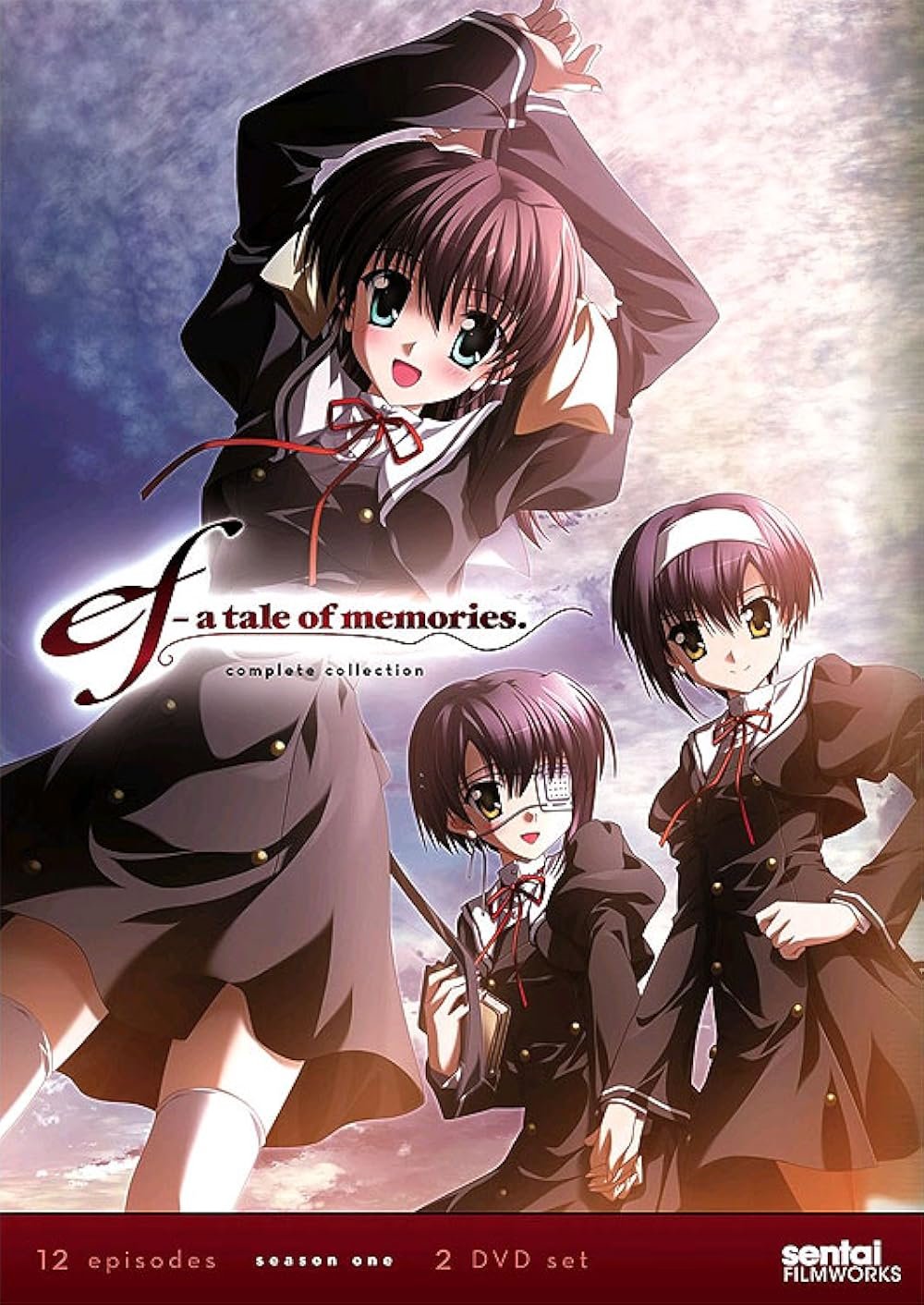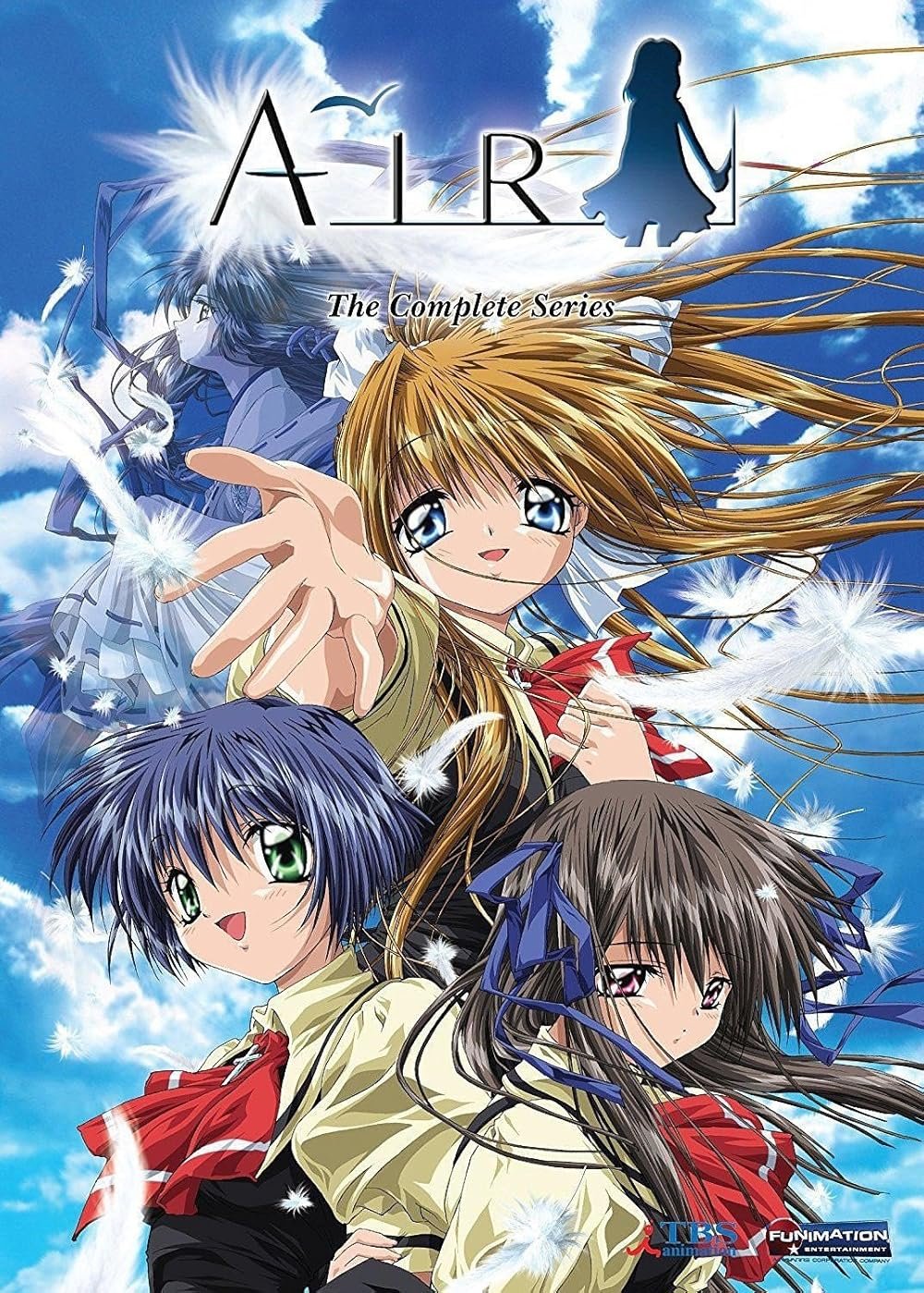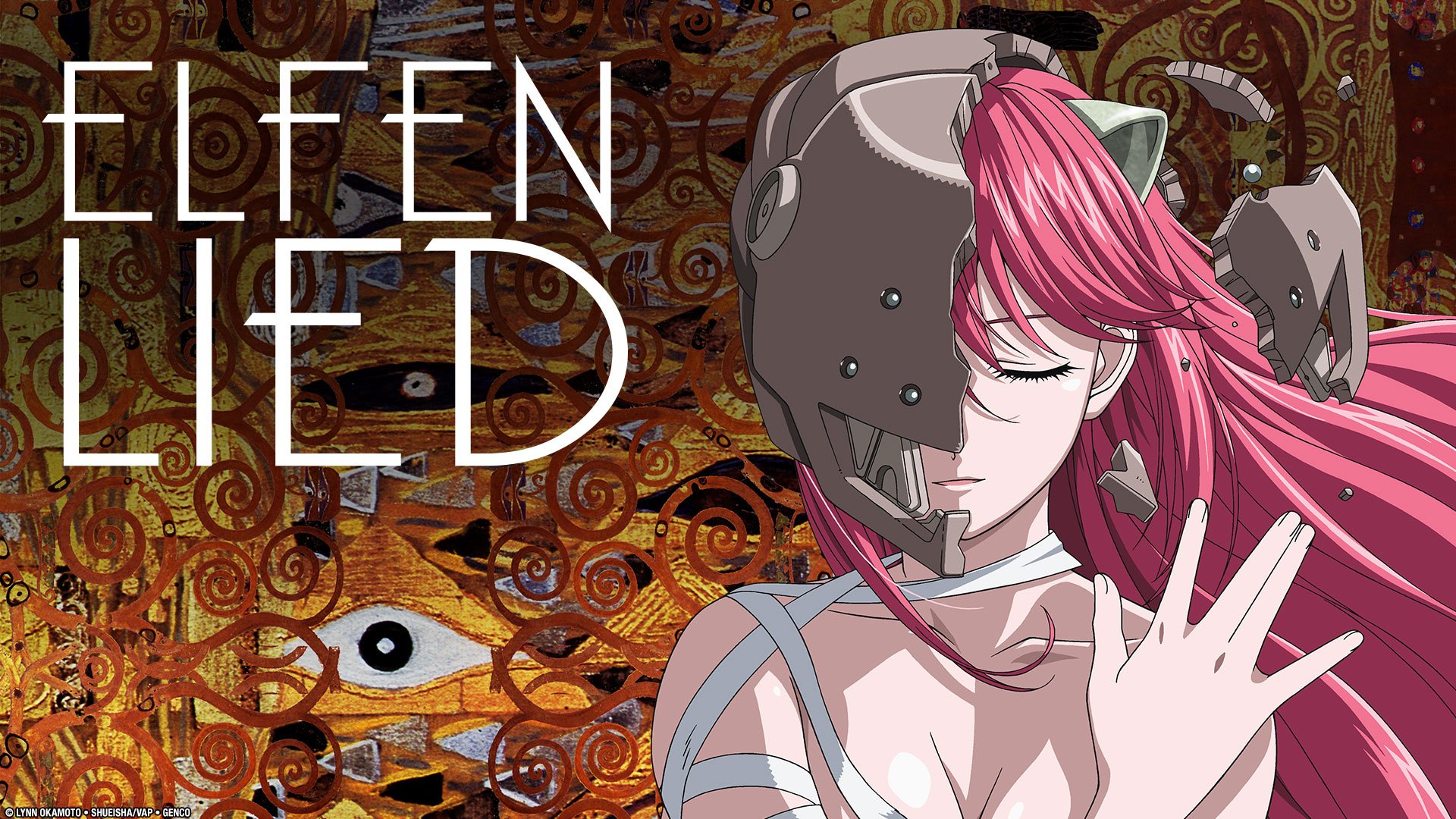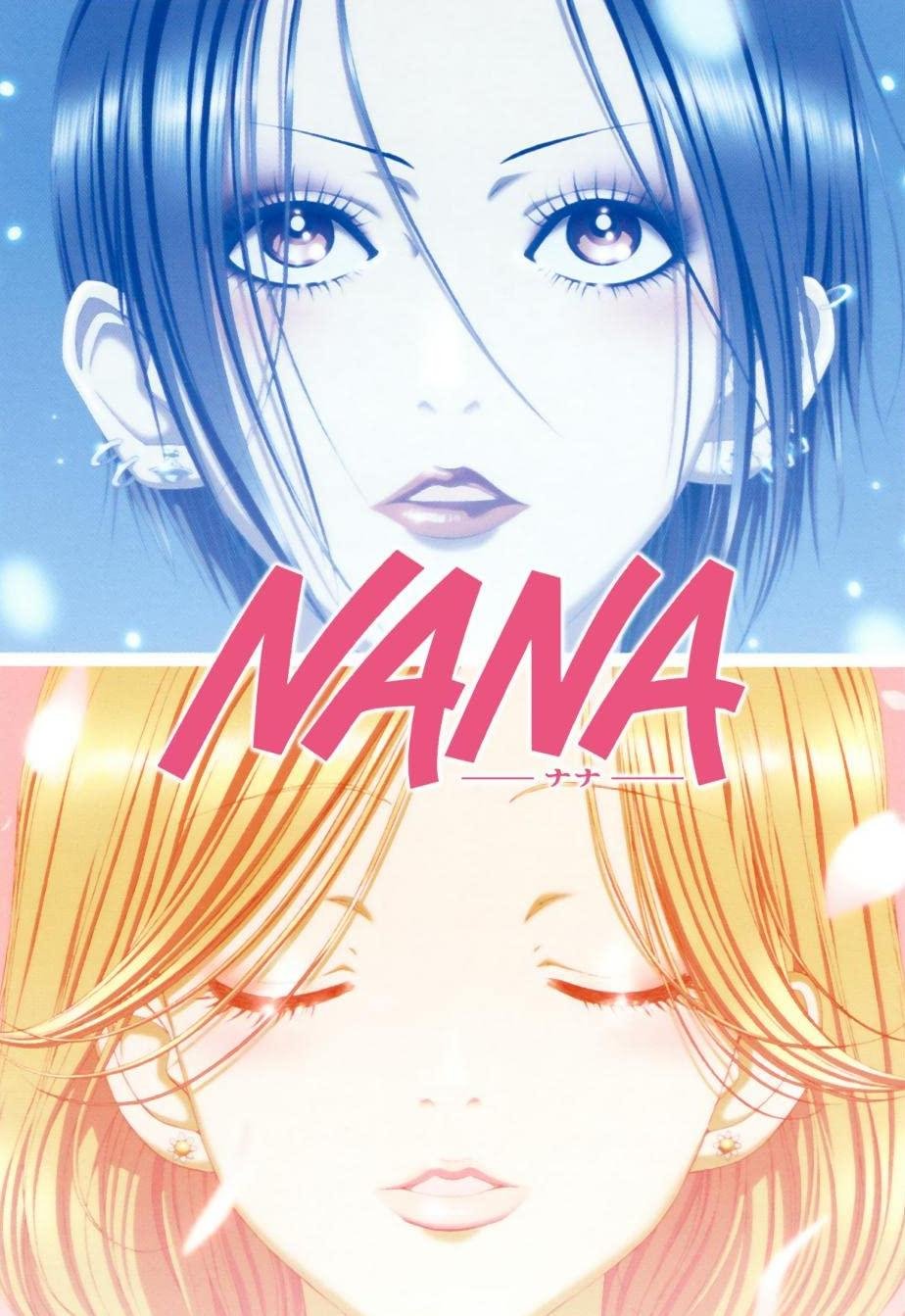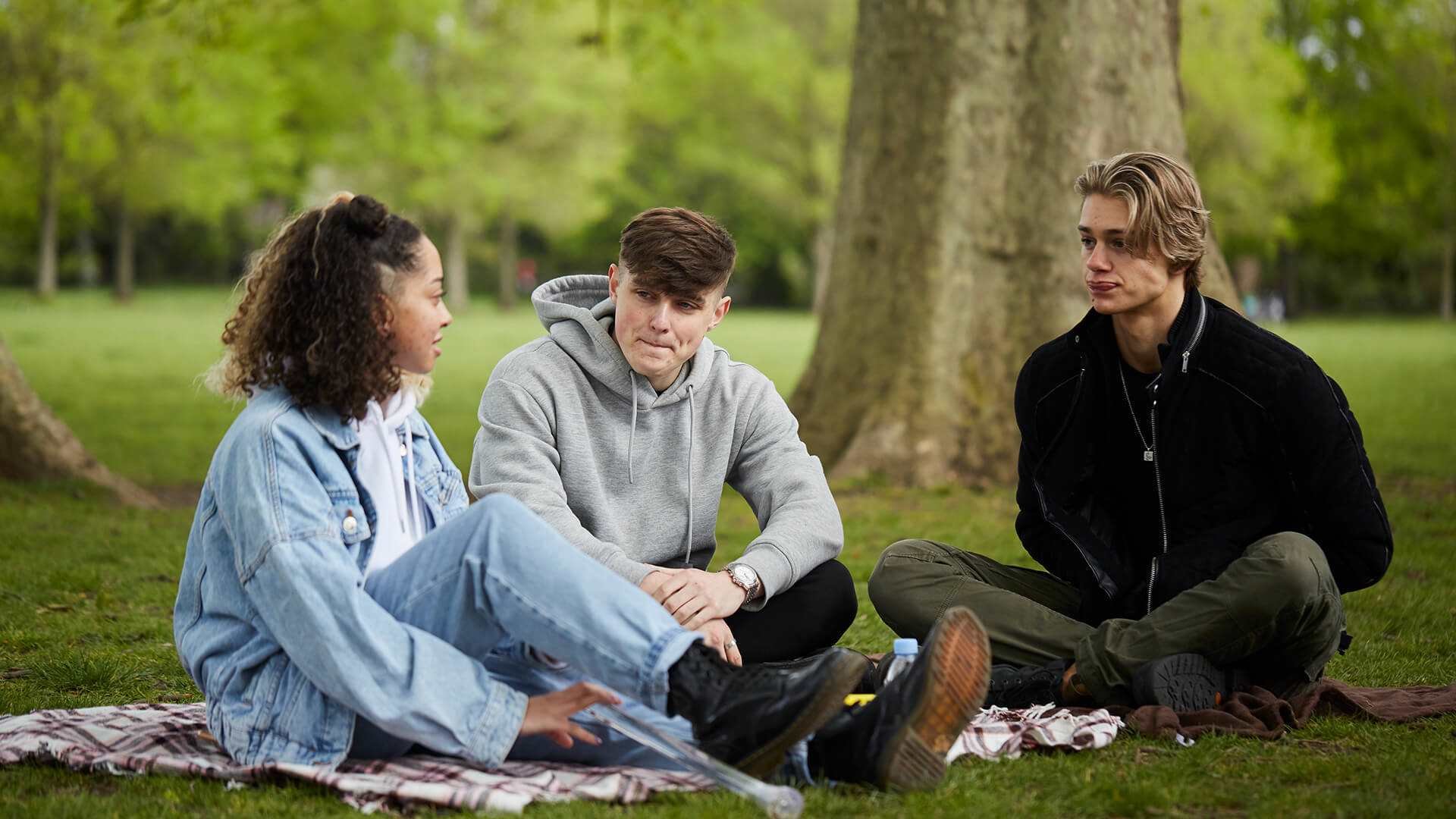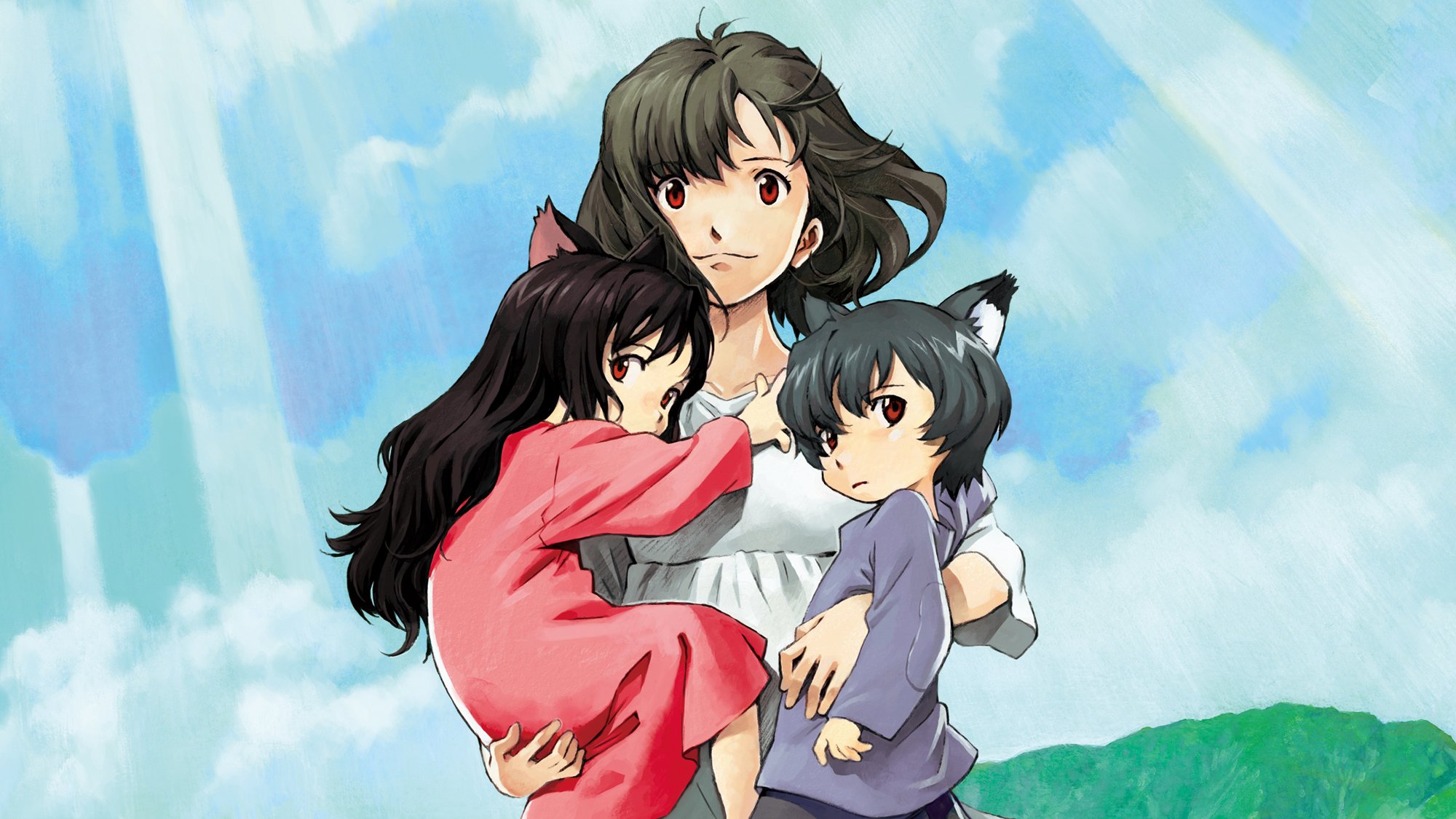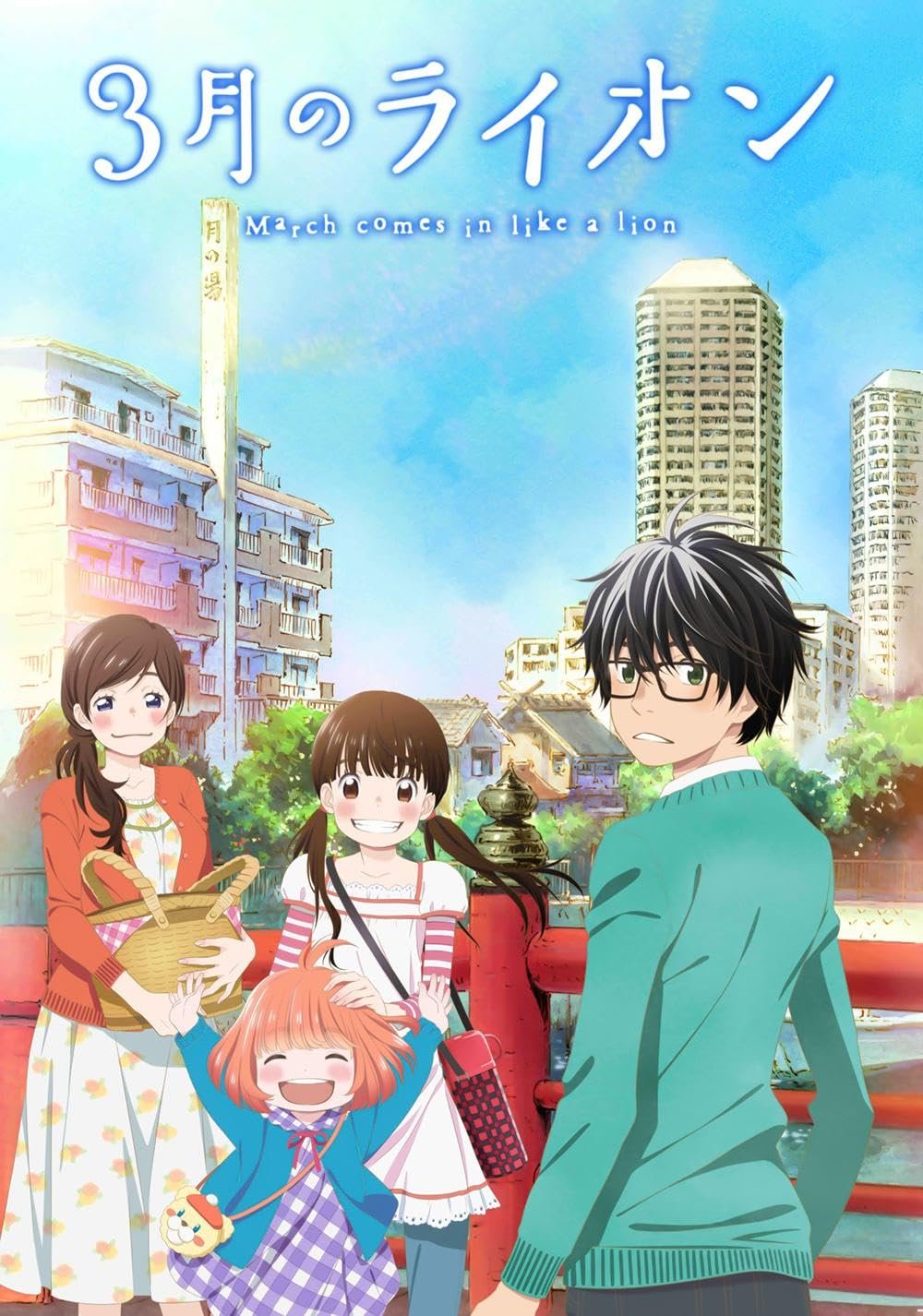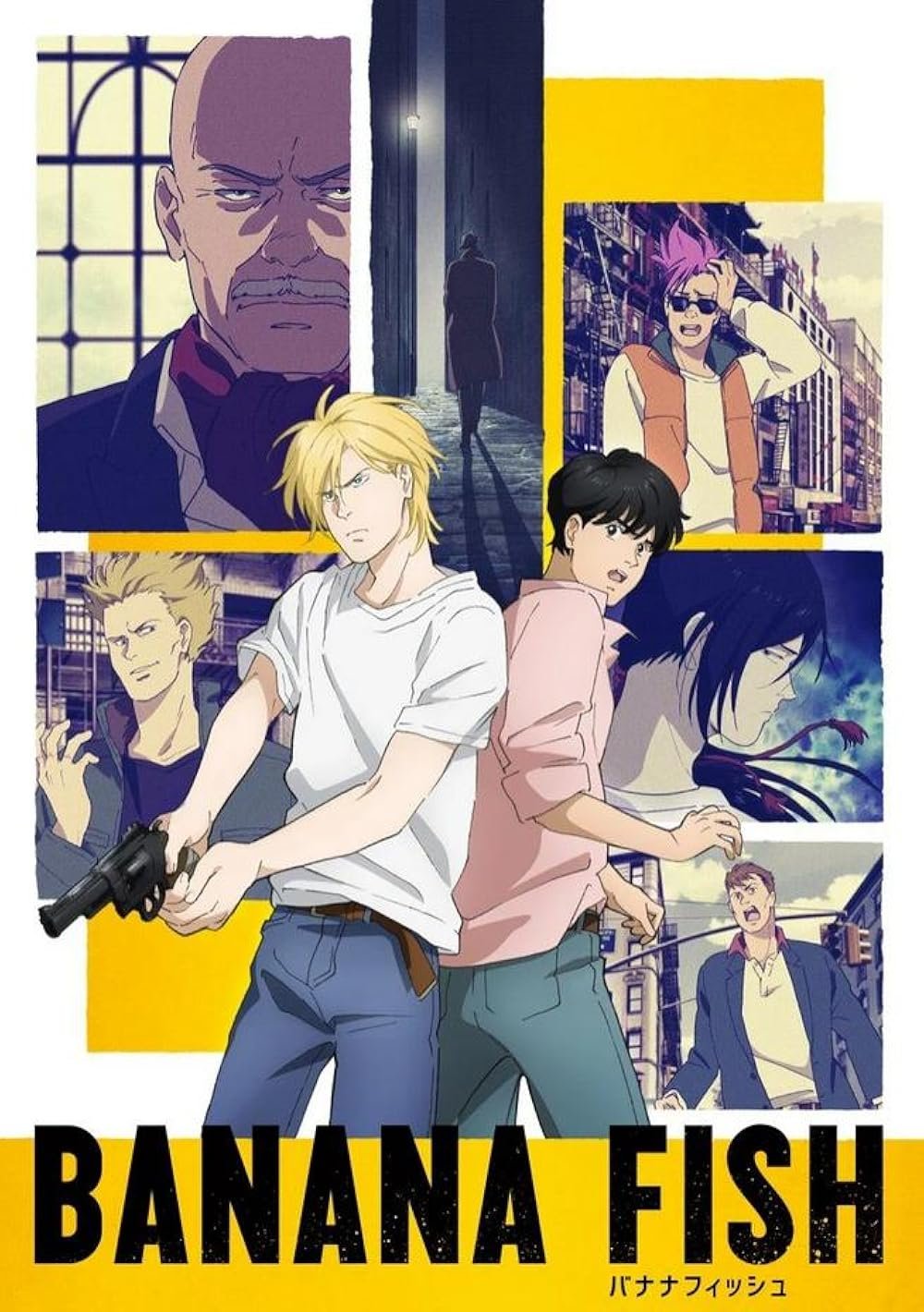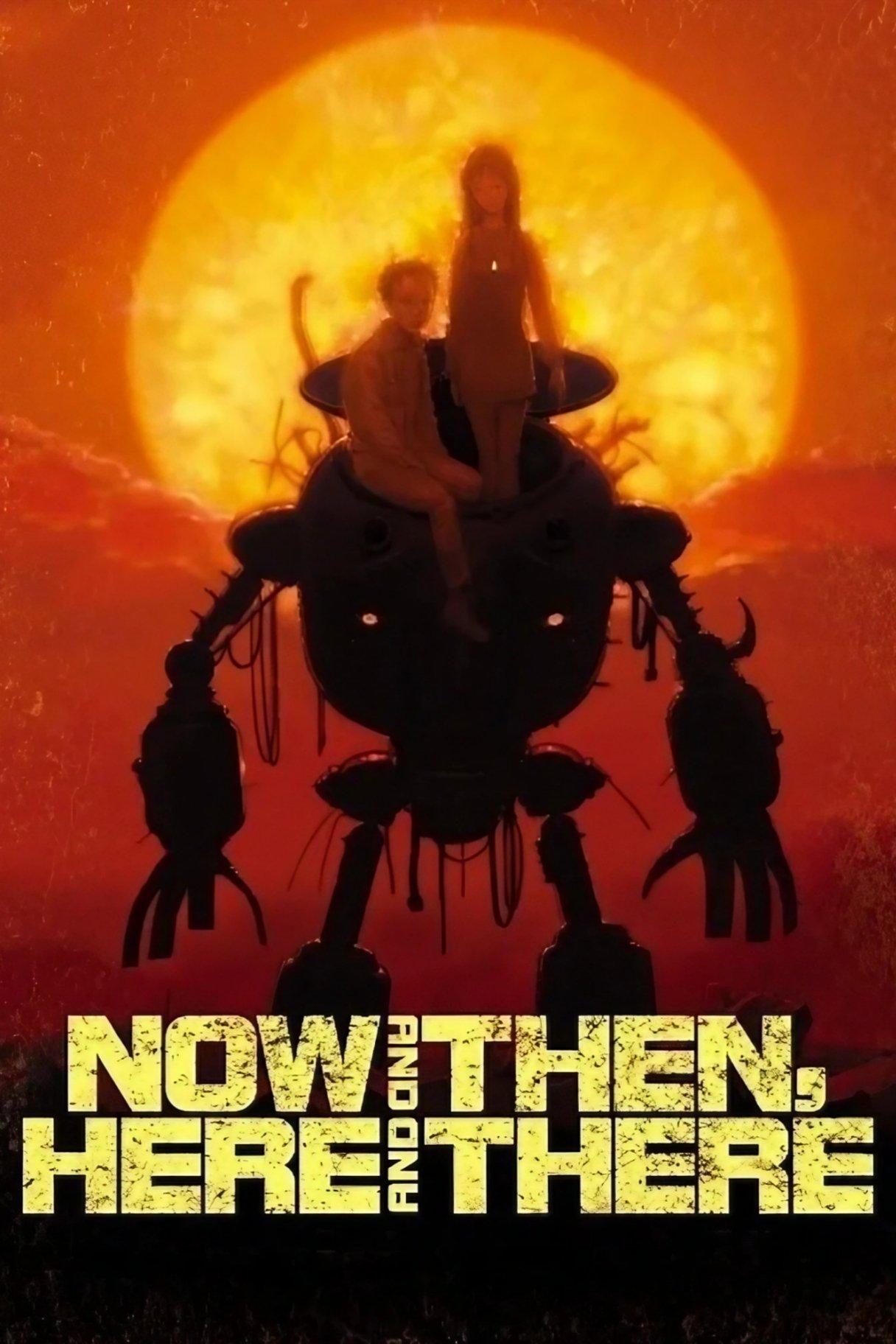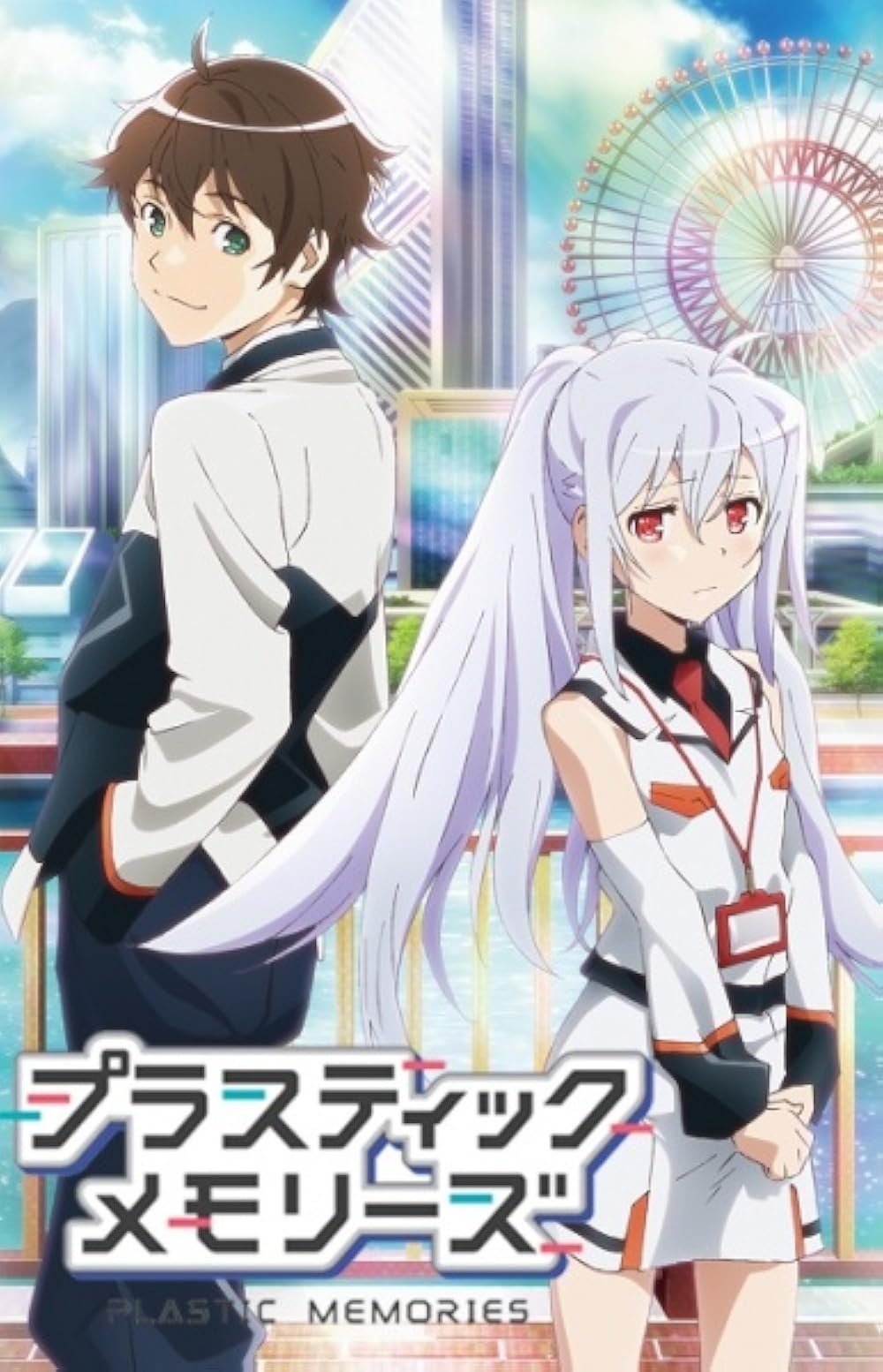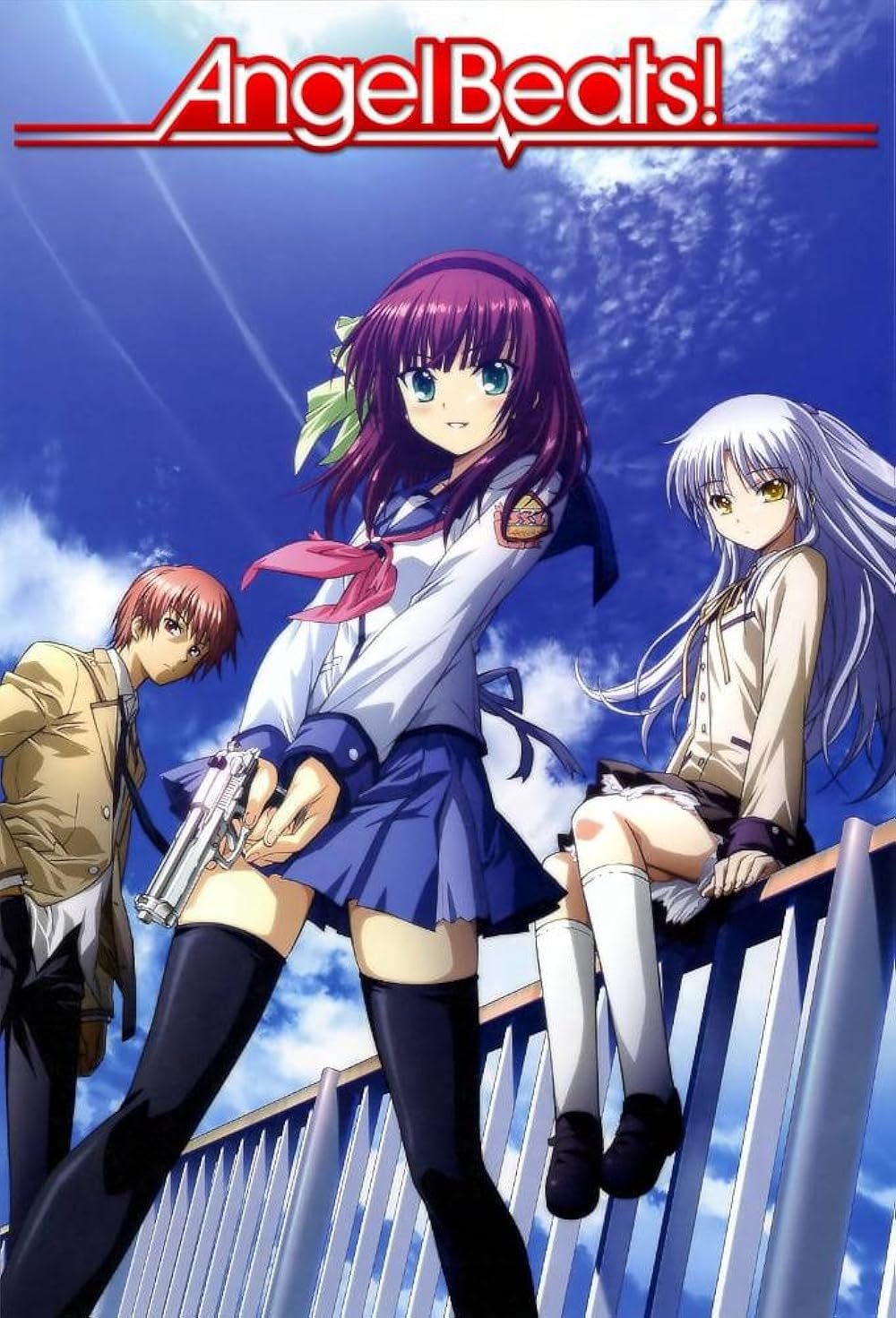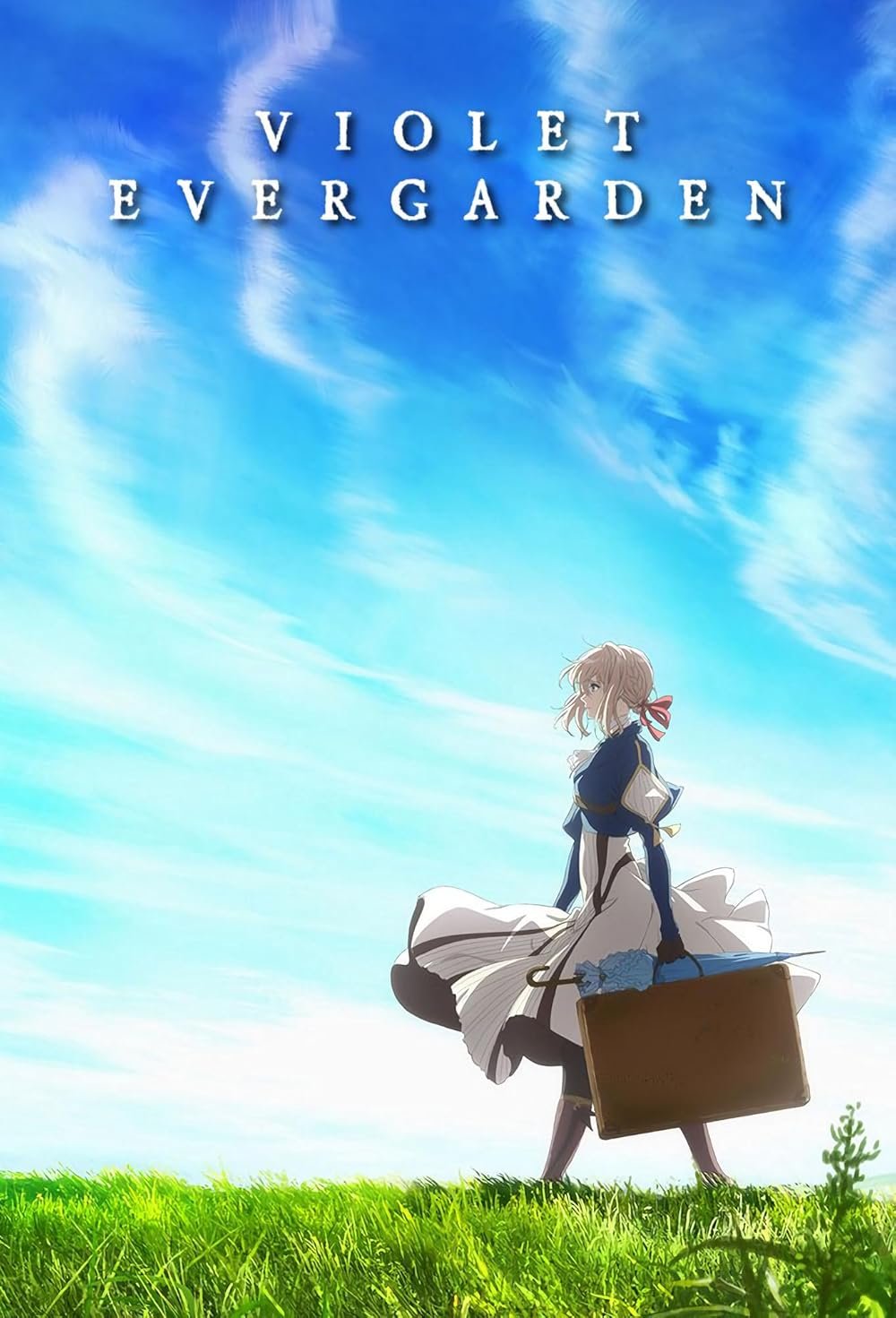Hello, these picks focus on anime where loss, regret, or separation hits hard and stays with you. Some titles end with hope, others sit with pain, but all of them carry scenes that people still talk about years later. The order builds tension from quiet heartbreak to stories that many viewers call the saddest they have seen.
Because tastes vary, this list pulls from films and series across different eras and genres. The aim is simple. Highlight the moments, characters, and choices that give each title its emotional weight, while noting why they linger. If a show balances sorrow with warmth, that contrast can make the sad parts feel even sharper and more human.
5 Centimeters per Second
Makoto Shinkai’s film follows Takaki and Akari as time and distance stretch a childhood bond into missed connections. Letters, trains, and quiet streets become the language of a relationship that keeps slipping just out of reach. The sadness comes from ordinary choices that feel small in the moment and huge in hindsight.
The middle chapter’s snowbound journey turns a late train into a symbol of how life drifts. A reunion that almost happens says more than words could. The film then jumps years ahead, showing adults who still carry what-if memories that shape their days.
Shinkai uses long cuts, phone screens, and winter light to frame everyday loneliness as something vast. The final track sequence captures a quiet acceptance that the past is gone, which can be more painful than any tearful goodbye.
There is no villain here, only timing. That choice makes the film feel honest about how people grow apart and how regret can linger while life keeps moving.
Orange
Orange blends teen romance with letters from the future that urge Naho to help a friend, Kakeru, who is fighting depression. The premise invites suspense, but the heart of the story is how a friend group learns to notice small signs and show up in real ways.
The series treats guilt and grief with care, especially around Kakeru’s loss and the silence that follows. It underlines how routine kindness can be lifesaving, and how one person’s honesty gives everyone else permission to speak. That focus feels grounded instead of sensational.
The result is a bittersweet look at second chances. Even when events shift, the weight of what happened remains, and the show argues that sharing it makes the future bearable.
Josee, the Tiger and the Fish
This film centers on Josee, a sharp-tongued dreamer who uses a wheelchair, and Tsuneo, a student with a passion for the ocean. Their bond forms through push and pull, pride and apology, as both face limits that feel unfair and frightening.
The story does not hide the hard parts of disability or ambition. Daily barriers, family tension, and an accident that threatens Tsuneo’s plans turn bright wishes into uncertainty. The sadness lands because these hurdles are so ordinary for the people who live them.
Josee’s art, Tsuneo’s diving dreams, and the sea itself become a map of what freedom could look like. Choosing each other means accepting loss and changing plans, which gives the ending a tender, earned tone.
It is a romance that values dignity. The film asks for patience, shows stubborn mistakes, and then lets growth feel real.
Tokyo Magnitude 8.0
Two siblings, Mirai and Yuki, try to get home after a massive quake, helped by a woman named Mari. The show treats disaster with a documentarian eye. Streets buckle, phones fail, and updates arrive in fragments that make hope and fear trade places by the hour.
Its most devastating choice is restraint. One reveal lands late and reframes earlier scenes with grief that viewers already sensed but did not want to face. The writing respects how denial protects people for a while and how love keeps them moving.
By the end, acts of kindness stand out against collapsed buildings. The series lingers on small rituals that help the living carry loss forward.
Fruits Basket (2019)
This remake leans into trauma, healing, and the need to be seen. Tohru’s warmth meets the Soma family’s curse, where affection is tangled with fear. The sadness shows up in the quiet, in childhood wounds and in guilt that no one could fix at the time.
As secrets open, characters confront parents who failed them, cycles of control, and a curse that keeps intimacy at arm’s length. Kyo’s burden, Yuki’s loneliness, and Tohru’s grief for her mother all flow toward a release that feels earned and gentle.
When the bonds finally loosen, the tears come from relief. The show proves that kindness is not naive. It is a choice repeated until the past has less power.
That balance of pain and warmth is why this version is so loved. It lets difficult truths surface and still offers hope.
ef a tale of memories
Two intertwined stories explore how memory shapes love. Chihiro’s condition resets her memories after a limited span, turning each day into a fight to keep a promise. Renji’s patience brings beauty and ache in equal measure.
On the other path, ambition and neglect strain young love until timing breaks it. The show’s stylized visuals from studio Shaft highlight emotional beats with precision. Windows, pages, and empty rooms speak as clearly as dialogue.
Its saddest moments feel quiet rather than grand. Trying to write a book to hold onto a life, trying to be someone worth keeping, and learning when to let go give the series its lasting sting.
Air
Air tells a summer story about a traveler, a lonely girl named Misuzu, and an old sorrow that keeps repeating. Dreams blur with memory until it is hard to tell where myth ends and daily life begins. That fog gives the ending a soft, crushing pull.
Kyoto Animation frames beaches, cicadas, and light through curtains to capture a fragile season. Illness, a curse, and the sense that joy is borrowed make each small smile feel temporary. The refrain of “Gao” turns from cute to heartbreaking as context changes.
The film version and series share the same ache. Love is present and real, yet cannot break the cycle, which leaves behind gratitude and tears.
Air remains a touchstone for fans of Key stories because it pairs sentiment with a clear view of loss.
Elfen Lied
Elfen Lied mixes graphic violence with a plea for empathy. Lucy, a Diclonius with invisible arms, shifts between a gentle state and a lethal one shaped by abuse. The show asks whether a person who was denied kindness can still find it.
Behind the blood is a story about stigma, experiments, and the cost of looking away when cruelty is routine. The seaside setting contrasts with the brutality, which keeps the sadness from feeling distant.
Its ending is ambiguous, focusing on the idea that love can reach a person even if it arrives late. That thin thread is what makes the violence feel like more than shock, turning it into a plea for mercy.
Nana
Nana follows two women with the same name whose lives cross in Tokyo’s music and mess. One chases punk stardom, the other searches for a stable love that keeps slipping away. The series treats moving in together, sharing rent, and sharing secrets as life-changing steps.
Relationships fray under ambition and loneliness. Friendships become lifelines, then hurt, then heal a little, which feels real. The sadness is not a single event. It is the steady pressure of growing up without a map.
Also Read
10 phrases that sound supportive but are actually a subtle sign of manipulation
The anime stops before the manga’s heaviest turns, yet it still leaves a knot in the throat. Songs, smoky stages, and late-night trains turn small choices into lasting regrets.
What stays is the memory of two people who tried to be each other’s home and found that love alone was not enough.
Wolf Children
When Hana’s partner dies, she raises their children alone, learning to handle both school meetings and wild forests. The film captures single parent resolve with rare warmth. It hurts because the love is so steady and the goodbyes are quiet.
A move to the countryside gives the family room to grow. One child chooses the human world, the other the call of the wild. Hana stands in the doorway between those paths, proud and aching at the same time.
Also Read
10 Phrases That Sound Supportive But Are Actually a Subtle Sign of Manipulation
The ending is not tragic, but it is deeply sad. Parenting is letting go, and this story shows that truth with respect and grace. The last images honor effort, not outcome, which is why the tears feel honest.
March Comes in Like a Lion
Rei Kiriyama is a teenage shogi pro who has lost his sense of self. The show depicts depression with a careful eye for routine. Blank rooms, late-night walks, and the hum of a fridge capture a life that has shrunk.
The Kawamoto sisters push light back in. Their meals, jokes, and patience help Rei build habits that heal. A bullying arc later on shows how adults can defend a child with firm, everyday action, which feels rare in fiction.
Shogi matches become metaphors for progress. Losing and learning in public is hard, but it gives Rei a way to connect. The sadness never fully leaves. It becomes part of a larger, sturdier life.
Also Read
People With Low Emotional Intelligence Often Miss These 6 Social Cues
Few series make kindness this compelling. It treats support as work, not magic, which makes the victories feel earned.
Banana Fish
Banana Fish is a crime story that centers on Ash Lynx and Eiji Okumura’s bond in a world of gangs and trauma. It refuses to look away from abuse and the systems that enable it. That clarity gives its tenderness more weight.
Their connection offers moments of calm that feel almost fragile. Every quiet scene threatens to break, and often does, which makes the show’s softer beats precious. The past keeps catching up, no matter how fast they run.
The ending hurts because it is graceful. Words on a page, a bench, a library, and the idea of a future someone else will carry turn loss into love that lasts.
Also Read
8 Weird Habits You Don’t Realize You Have From Growing Up In A “We Can’t Afford It” Household
Now and Then, Here and There
This is one of the bleakest isekai stories. Shu is dragged into a desert world ruled by a tyrant who uses children as soldiers. The show tackles war crimes, coercion, and scarcity without flinching.
Moments of humanity survive in small gestures. Lala-Ru’s water pendant, Nabuca’s conflict, and hints of kindness amid cruelty keep the story from turning numb. That thin balance makes the sadness piercing.
By the end, survival is the victory. The series argues that refusing to become cruel is its own kind of hope, even when the cost is high.
It is tough to watch and tougher to forget. The pain serves a purpose, not spectacle, which gives its message teeth.
Also Read
10 Phrases That Sound Supportive But Are Actually A Subtle Sign Of Manipulation
Plastic Memories
Giftia are androids with a fixed lifespan, and the retrieval team collects them when time runs out. Tsukasa and Isla work this job while building a bond they know has an expiration date. The setup makes every sweet moment feel heavy.
The workplace tone keeps the sadness grounded. Coffee breaks, office jokes, and routine paperwork surround scenes where families say painful goodbyes. It shows how staff carry those farewells home.
The final stretch is simple and devastating. Choosing to spend their remaining time on ordinary dates turns the ending into a quiet lesson on presence.
Angel Beats!
Set in a school for souls with unresolved pain, Angel Beats mixes comedy with grief that sneaks up on you. Otonashi’s lost past and Yuri’s rage give the fights meaning beyond spectacle. Every gag risks turning into a goodbye.
Also Read
8 Cringey Phrases Older Relatives Use at Family Dinners That Younger Guests Dread
The music, clubs, and missions exist to delay the moment when characters accept their stories. When that moment arrives, it lands with force. One scene with a song and a disappearing band member breaks a lot of viewers.
The closing choices are tender. Gratitude replaces fear, and an after-credits hint suggests connections can find their way back, which adds a soft layer of hope.
It is a messy, memorable blend that earns its tears through contrast and timing.
